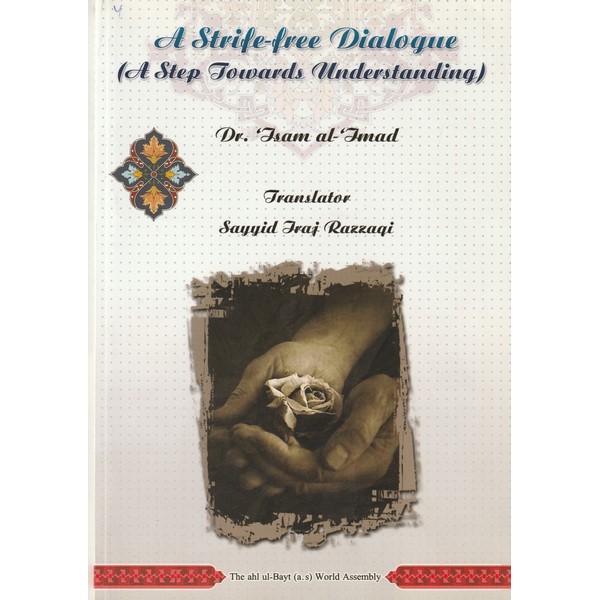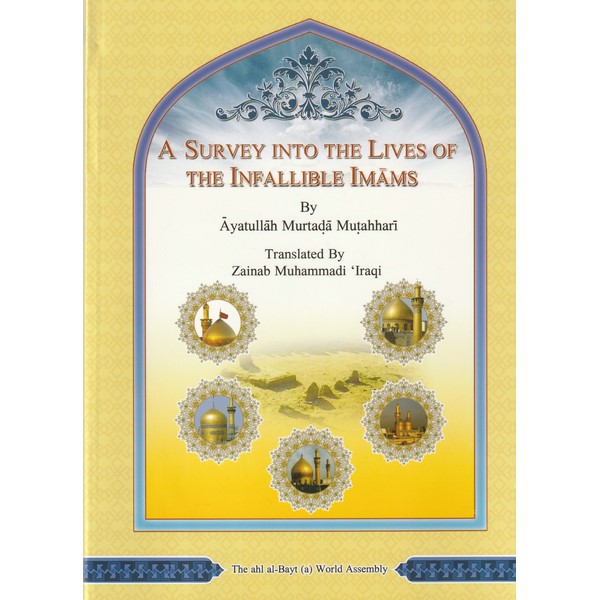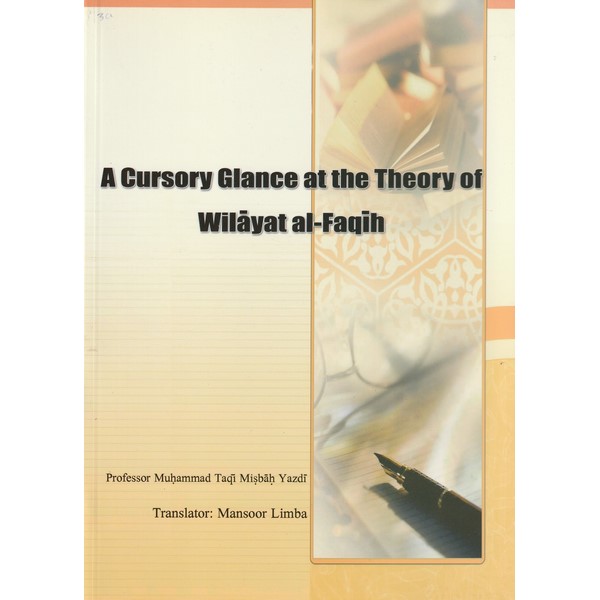Quick Comparison
| Settings | Love in Islam (57) remove | A STRIFE-FREE DIALOGUE remove | The great Muslim scientist and philosopher IMAM Jafar ibn mohammed as-sadiq(A.S.) (38) remove | Year 9 Diniyat (Book 4) remove | A Survey Into The Lives of The Infallible Imams remove | A Cursory Glance at the Theory of Wilayat al-Faqih remove |
|---|---|---|---|---|---|---|
| Name | Love in Islam (57) remove | A STRIFE-FREE DIALOGUE remove | The great Muslim scientist and philosopher IMAM Jafar ibn mohammed as-sadiq(A.S.) (38) remove | Year 9 Diniyat (Book 4) remove | A Survey Into The Lives of The Infallible Imams remove | A Cursory Glance at the Theory of Wilayat al-Faqih remove |
| Image |  |  |  |  |  |  |
| SKU | 57 | 4 | 38 | 304 | 5 | 3a |
| Rating | ||||||
| Price | £4.00 | Original price was: £5.00.£0.99Current price is: £0.99. | Original price was: £6.00.£0.99Current price is: £0.99. | Original price was: £6.00.£0.99Current price is: £0.99. | Original price was: £7.00.£0.99Current price is: £0.99. | Original price was: £8.00.£0.99Current price is: £0.99. |
| Stock | Out of stock | In stock | In stock | In stock | In stock | In stock |
| Availability | Out of stock | In stock | In stock | In stock | In stock | In stock |
| Add to cart | ||||||
| Description | This book is ideal for young kids who want to study on their own without getting bored By M Bashir Karim | |||||
| Content | Perspectives on the Concept of Love in Islam | This book aims to establish a suitable method of communication with Wahhabis to familiarize them with Shi‘ism, and to prepare a proper ground for their conversion to the school of thought of the Household of the Prophet, peace be upon them. The author Dr Isam wrote book against the Shia accusing them of heresy, before he himself saw the light and converted to Shiaism. HEAVILY SUBSIDIZED BY WWW.ISLAMICTHOUGHT.CO.UK | This book is a translation from French thesis published by The Research Committee of Strasbourg, France, about the contribution made by Imam Jafar as-Sadiq (as) to science, philosophy, literature and irfan (Gnosticism) Heavily subsidized by www.wabil.com NOT TO BE RESOLD AT HIGHER PRICE | This book contains word searches in following topics. 1Naflah 2 Qasr 3 Ghusl 4 Mayyit 5 Salaatjamaat 6 Sakaraat 6 Afterdeath 7 Ehkame 8 Hunoot 9 Kafan 10 Quboor 11 Barzakh 12 Grave 13 Squeezing 14 Ijara 15 Walidan HEAVILY SUBSIDIZED BY WWW.ISLAMICTHOUGHT.CO.UK | This text provides a good analysis of the lives of the Infallible Imams while presenting the different methods, struggles, and circumstances of each Imam and how they may have acted similarly or differently. However they have all acted as Allah (SWT) desired of them spreading Islam in the social circumstances they lived, as well as the practice of Taqiyyah where necessary. HEAVILY SUBSIDIZED BY WWW.ISLAMICTHOUGHT.CO.UK | This work contains a number of speeches, articles, books, and question-and-answer sessions of the erudite professor, Haḍrat Ayatullah Muhammad Taqi Misbah Yazdi (may his sublime presence endure), which have been compiled, edited and published by the author on the subject of Wilayat al-Faqih. We believe that in the current status of our society, wilayat al-faqih constitutes the central pillar of Islam, and its safety contributes to the splendor of Islam and Islamic laws and values in the society. As such, we have decided to elucidate this theory, support it academically and logically, and enlighten the general public, particularly the young generation of our country who probably know very little about this theory and its ramifications, and thus discharge a small part of our religious duty. Likewise, we have tried to deal with all the aspects of this theory to address the subjects which we find significant and controversial. However, things like the brevity of content and the readers’ patience and the time that they have been taken into account as far as possible. HEAVILY SUBSIDIZED BY WWW.ISLAMICTHOUGHT.CO.UK |
| Weight | N/A | N/A | N/A | N/A | N/A | N/A |
| Dimensions | N/A | N/A | N/A | N/A | N/A | N/A |
| Additional information |





Reviews
There are no reviews yet.